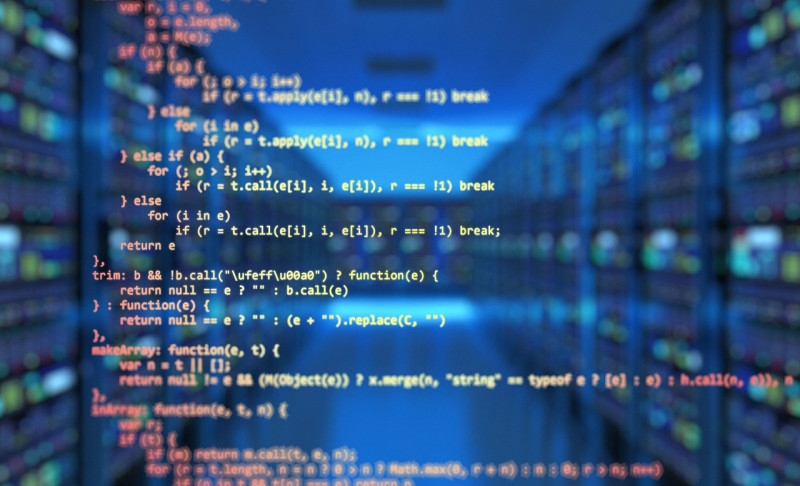
Introduction to Network Inference and Network Learning in R
Markov random Fields and Bayesian Networks
Unlock the Power of Network Inference Methods in the Real World, All in One Exciting Day!

Markov random Fields and Bayesian Networks
Unlock the Power of Network Inference Methods in the Real World, All in One Exciting Day!
In today’s interconnected world, understanding the relationships between variables is crucial across a wide range of fields, from social sciences to computer science and beyond. Graphical models offer an intuitive and powerful way to visualize and analyze these complex relationships.
This exciting one-day workshop will dive into the world of probabilistic graphical models, which represent real-world phenomena in a simple yet impactful way. Using nodes to represent random variables and edges to capture their dependencies, graphical models allow us to see the bigger picture of dependencies.
In this hands-on introductory course, you’ll learn about two essential types of graphical models:
You'll gain practical insights on how these models can be applied in the real world, whether in life sciences, economics, social research, or many other fields. More importantly, you’ll learn to estimate and interpret these networks using cutting-edge inference techniques. With real-world examples and exercises in R, you will leave the course with the confidence to apply network inference methods in your own projects.
By the end of the day, you'll be able to see complex dependencies from a network perspective, unlocking a comprehensive way to analyze and understand data.
Join us for this engaging, informative, and hands-on course that will open doors to new ways of thinking about relationships and dependencies in your data!
🌟 Ready to uncover the secrets of graphical models, transform your understanding of real-world data and dependencies, and discover hidden relationships between variables? This course will introduce you to the essential tools of network inference through exciting real-world examples.
🔍 What You Will Learn:
📚 Hands-On Learning:
After each lecture, you'll engage in hands-on exercises in R, applying what you've learned to real-world data scenarios. This practical experience will solidify your understanding and prepare you to apply network inference techniques in your own work.
Don't miss the opportunity to enhance your expertise in network inference, an essential skill in fields like data science, statistics, and beyond!
Important Notice:
If you encounter any issues installing R or RStudio, the following tutorial videos may help guide you through the process:
Mahdi Shafiee Kamalabad
Researchers, students, engineers, and analysts.
Prerequisites: A basic understanding of statistics, probability, and R programming is required for this course
For an overview of all our Winter school courses offered by the Department of Methodology and Statistics please click here.
The aim of this course is to equip participants with essential knowledge of graphical models for network inference, catering to professionals and researchers in diverse fields such as medical science, psychology, biology, economics, and beyond. This course will provide the foundational tools to uncover and analyze the underlying network structures that reveal the relationships between variables of interest, facilitating deeper insights and discoveries in their respective areas of study.
By the end of this course, students will be able to:
Master Graphical Models: Gain a suficient understanding of Graphical Models—specifically, Bayesian Networks and Markov Random Fields—and explore how they are applied to solve real-world problems across a range of fields such as biology, economics, social sciences and beyond.
Interpret Complex Network Structures: Learn to interpret network structures by understanding the role of nodes, edges, (in)dependency, and blocked paths. You’ll discover how these concepts shape the dependencies between variables and affect the presence or absence of connections in the network.
Estimate Network Structures: Dive into various network inference methods and develop the skills necessary to estimate both undirected and directed network structures. Using the R programming language, you will apply these techniques to analyze dependencies between variables of interest.
Know When to Apply Which Method: Compare and contrast Markov Random Fields and Bayesian Networks to understand their strengths and limitations. Gain insights into when and why to choose each method for specific types of network modeling problems.
One day.
Kindly ensure you are in the class by 9:15.
You will receive a certificate upon course completion. Please be aware that this course does not include graded activities, and therefore, we cannot provide a transcript of grades.
The tuition fee for staff off the Faculty of Social and Behavioural Sciences from Utrecht University will be funded by FSBS.
PhD students from the Faculty of Social and Behavioural Sciences at Utrecht University have the opportunity to attend three Winter/Summer School courses funded by the Graduate School of Social and Behavioural Sciences. Additionally, they may choose to take as many courses as they wish at their own expense from their personal budget.
Utrecht Summer School does not offer scholarships for this course.